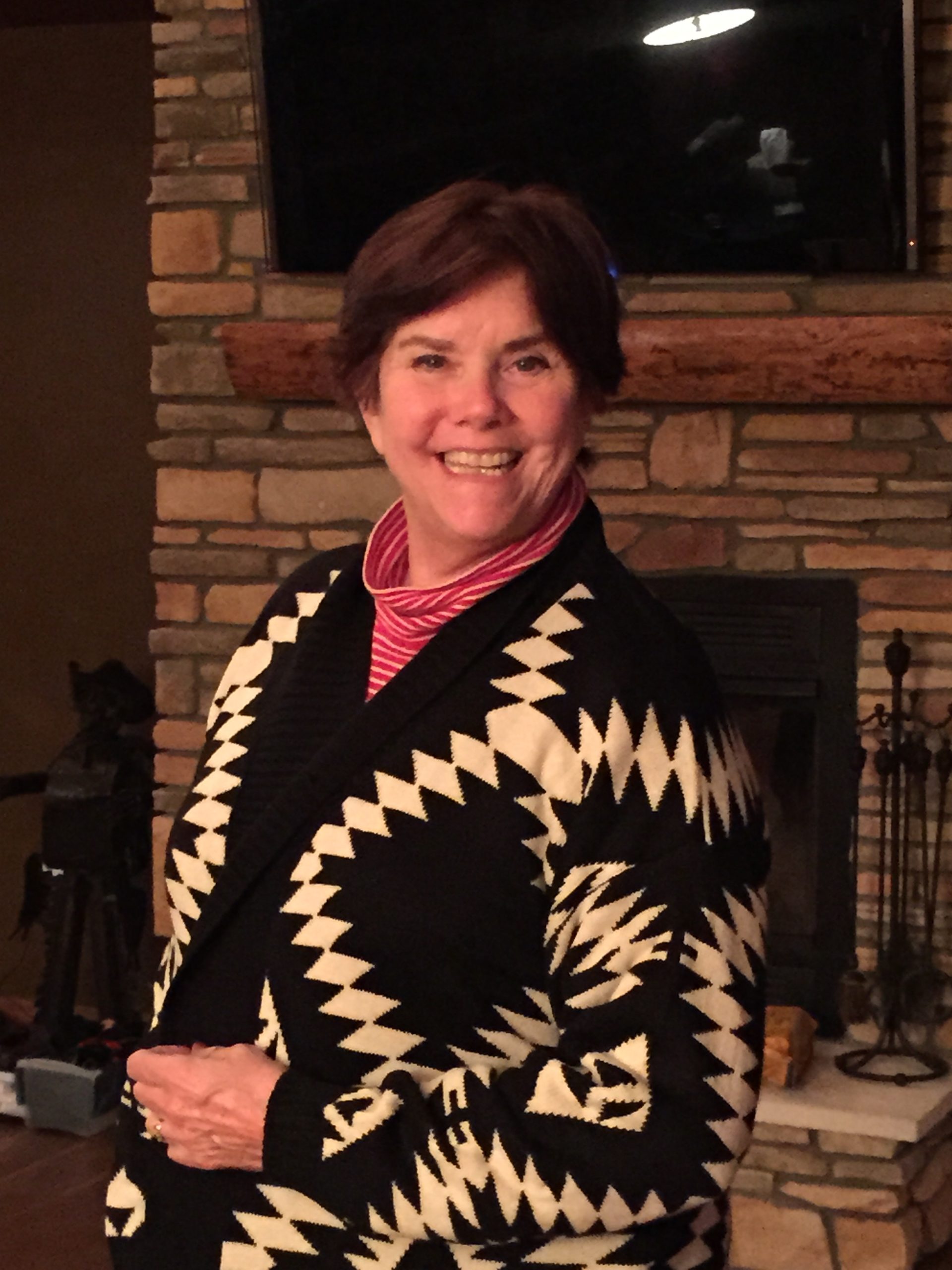LAST WEEK IN OUR SERIES on doing a relationship review to complete your grief healing, we talked about the importance of apologies in successfully completing your grief process. This week we’ll explore forgiveness.
Forgiveness. Even the word can make people cringe and feel queasy and defensive. It’s not always an easy thing to give to someone, and it’s a healing component a lot of people get stuck at and resist doing.
But I can’t stress enough it’s importance.
How important is forgiveness in grief and loss recovery?
Forgiveness is usually a critical element to completing unfinished and incomplete emotions attached to any relationship you have throughout your life. Someone is bound to hurt you—sometimes horrifically, so; and you are bound to hurt another person. It’s unavoidable. We’re sinful people with myriad wants, needs, greeds and hang-ups.
Relationships are overrun by sensitive natures, life experiences and prejudices about life topics. Misunderstandings and misinterpretations abound.
It doesn’t help that society’s definitions and concepts of forgiveness are often hidden landmines that complicate the process, as are the reasons behind forgiving someone and what to expect after forgiveness is given.
But why is forgiveness such a critical element?
Read on to find out.
Basic definition of forgiveness—
The psychologists at the Greater Good Science Center at University of California—Berkeley define forgiveness as:
“A conscious, deliberate decision to release feelings of resentment or vengeance toward a person or group who has harmed you, regardless of whether they actually deserve your forgiveness.”
Look at the key words in their definition:
- Conscious
- Deliberate (decision)
- Release (of feelings)
A conscious, deliberate release. The process is action-oriented, not passive.
And then please take note: forgiving someone has nothing to do with whether or not the recipient of your forgiveness actually deserves it.
And that’s where people get really stuck, to a point where not forgiving or being unable or unwilling to forgive negatively affects their life.
Does “forgive” mean “condone”?
This is where a lot of people get hung up emotionally and spiritually, thinking forgive equates to condoning.
Does it?
Absolutely not!
Forgive does NOT equate to condone.
Ever.
And just because you forgive someone does not mean you reconcile or re-establish a relationship with the person you’re forgiving.
Let’s look at their different definitions, as given in Merriam-Webster’s online dictionary:
Forgive—
1 : to cease to feel resentment against (an offender)
2a : to give up resentment of or claim to requital (compensation or retaliation)
Condone—
: to regard or treat (something bad or blameworthy) as acceptable or harmless.
: or dismiss as of little importance
Webster’s Ninth New Collegiate Dictionary defines it as: to treat as if trivial, harmful, or of no importance.
So should you treat horrific behavior that demoralized or physically or emotionally harmed you as something you should condone, regardless of the offender’s relationship to you?
No.
But if we focus on the definition of forgive, and the critical reasons for it, we’ll be heading in the right direction.

The dangers of harboring resentment and having an unforgiving heart—
If you decide you can’t or won’t forgive someone, what’s the harm to you, or the other person?
Actually, there’s likely no harm to them. They’re usually not the ones suffering for their behavior.
But before we go one, let’s look at one more definition.
Resentment:
“… a feeling of indignant displeasure or persistent ill will at something regarded as a wrong, insult, or injury.”
I especially want you to focus on the persistent ill will part of the definition.
Continuous. Unrelenting. Never-ending. Ongoing.
In other words, something that nags at you. Affects your behavior and thoughts. Drags you down. Drives you nuts. Dogs you. And likely compromises your emotional and physical health.
And therein lies the problem.
The un-forgiver, not the perpetrator, is the one that suffers.
As the Grief Recovery Institute points out, and which is so true and substantiated by life and Scripture, is that:
“Any resentment etched into the memory of events that occurred in the past will limit and restrict [your] ability to participate fully in life. Any reminder of the person or event about which the resentment exists may stimulate a painful reliving of the unfinished emotions attached to it. Successful recovery requires completion of the pain rather than retention of the resentment.” (my italics)
By clutching on to your resentment, you’re forever reliving the perpetrator’s act and re-experiencing the pain.
And if the perpetrator has died, constantly reliving it—and feeling all the pain and anger surrounding it—doesn’t hurt the deceased person. It only hurts you.
You’re hurting you. Repeatedly. Over and over and over again.
If that’s what’s happening, it’s impossible for you to live a life of joy and healthy productivity.
You won’t thrive.
There’s no debating that sometimes people’s actions are insensitive, careless, thoughtless, mean, vengeful or downright evil. But if you don’t forgive them, you will never be truly free mentally, physically, emotionally or spiritually.
May I be blunt?
Forgiveness should not be looked upon as the “F” word.
Forgiveness is often an action first, feeling second—
Sometimes you may feel compelled to offer someone forgiveness. Your heart just feels as though it’s overflowing with mercy and grace.
Other times, not so much.
In those difficult, not-so-much times, consider forgiveness to be the first-step action. Then, if your forgiveness is sincere and verbally stated, the feelings will follow.
Just hearing yourself say “I forgive you for…” out loud is enough to change your heart and mind as your action and words form an imprint on your brain.
It breaks open that dam holding in the stagnant resentment and lets it escape.
It cleanses your heart. It prompts healing to occur. It reduces physical, emotional and spiritual stress.
You can extend forgiveness for something someone did or for something they did not do.
I can forgive my father for not telling me how radiant I was on my wedding day, insisting that I focus on my mother and tell her how lovely she looked. But it wasn’t her day. It was mine. Neither of them seemed to appreciate that. When I descended the church stairs to take my dad’s arm and begin the processional, that was the comment he hit me with.
It broke my heart.
But his thoughtlessness didn’t need to break my heart for the rest of my life.
He never realized or acknowledged his omission or commission, so I didn’t confront him or ask for his forgiveness (a subject we’ll get to in just a minute), but I have made a forgiving statement directed toward his memory out loud and to my husband, because it’s important for someone else to hear it (a subject we’ll also cover in more detail in other posts).
It frees my heart to let that go. And it gives me extra real estate in my brain to construct happy memories.
And there are many other, more grievous events and words, I have forgiven both my parents for.
What about “I can forgive, but I can’t forget”?
Because their thoughts on this are so clear, true and concise, I’m going to quote Grief Recovery Institute.
“The implication of “I can forgive, but I can’t forget” is that “since I cannot forget, I will not forgive. The real questions are: Who stays an emotional prison cell? Who continues to resent and shut down their own mind, body, and heart? Whose life is limited by the absence of forgiveness?”
Clearly, the perpetrator is not the one suffering.
Should you ask a living person for forgiveness?
While asking for forgiveness and giving an apology seem identical, they’re really not. Let’s look closely at the two.
When you focus on giving an apology, you’re recognizing and admitting to your poor or grievous behavior and taking full responsibility for it.
And you’re leaving the forgiveness up to the person you’ve harmed, which is their right to give, or not.
However, when you approach the problem and person with: “Please forgive me for…” you’re already telling them you have an expectation for their reciprocating behavior. It’s really a manipulative technique, and one that puts the potential forgiver in an uncomfortable situation.
And they may say they forgive you without really meaning it.
I once had a friend say to me: “You’ll need to extend me grace on that,” when I said to her “I haven’t seen you in a while,” at a wedding reception. It struck me as an odd, somewhat flippant comment that was intended to shut down any further discussion about it. And she said it with a smile, which told me she really wasn’t apologizing for her silence.
I hadn’t said it with an accusatory tone, or even expected any explanation. I just nodded.
Don’t ask the person to do something that you need to do, with forthrightness and conviction. Take action, and allow the other person time to consider your actions.
After offering an apology for the specific action or inaction, you might follow up by saying, “I hope you can forgive me.” Then leave it up to them.
Should you tell someone you’ve forgiven her when she hasn’t apologized?
Telling someone you forgive them when they haven’t apologized is a danger to be avoided at all cost.
Why?
Because your statement is likely to be considered an attack.
And if they haven’t apologized, the person you’ve forgiven doesn’t need to know you’ve forgiven them.
This is what happens in forgiving someone who is deceased. You won’t be speaking directly to them, so they won’t know. You’ll know.
And that’s enough.
Don’t be trapped in your past by an unforgiving heart—
Again, forgiving someone doesn’t mean you’re condoning bad or dangerous behavior.
It’s disengaging your heart from the ugly past and allowing yourself to move forward, fully engaged in and with life.
It’s the best way to “let go.” To “cease to feel resentment.”
It gives you your best shot at a thriving, healthy life!
How does God fit in to forgiveness?
I love knowing that when I repent, God forgives me. And I remember that He promises that as far as the east is from the west, He will remember my sin no more. That gives me comfort and the impetus to repent and feel cleansed.
While we’re human, and it seems impossible for us to cast away our memories, remember that nothing is impossible with God. If you’re having difficulty in this area, ask Him for help. He’ll faithfully provide.
And we can remember what our precious Lord Jesus had to say about this when He taught the disciples to pray to the Father:
“…forgive us our trespasses,
as we forgive those who trespass against us.”
That section of what is commonly referred to as “The Lord’s Prayer” always gives me pause and makes me ask myself:
“Is there anyone I haven’t forgiven?”
If I have not—and I don’t—then I stifle my relationship with God. I don’t and can’t receive all the blessings He has for me. I tie His hands from giving them to me.
Am I willing to put a wedge between God and me, just to hang onto my justified resentment? To forgo His blessings and hamper our relationship?
I think not.
I hope not.
Jesus had something else to say about this forgiveness stuff and how important it is to God and your relationship with Him. In Matthew 5, verses 23 and 24, He instructs His followers:
“This is how I want you to conduct yourself in these matters. If you enter your place of worship and, about to make an offering, you suddenly remember a grudge a friend has against you, abandon your offering, leave immediately, go to this friend and make things right. Then and only then, come back and work things out with God” (The Message).
If forgiveness is important to God, it should be important to us.
Does that make it easy? No. We’re human. It’s hard.
But remembering what the Lord spoke on the cross, when He asked the Father to forgive the people who put Him to death because they didn’t know what they were doing, should make it easier.
I hope you can and will use Jesus as your example when freely offering forgiveness to others, no matter what their sin.
Countless lives have been destroyed or rendered fruitless and pain-riddled by the inability or stubborn refusal to complete their relationships with past painful events, by refusing to forgive and free themselves from the events.
Please don’t let that be you.

Invitation—
- Is there anyone in your life you know you’ve harmed by a careless word or deed that you need to apologize to?
- Has anyone harmed you and hasn’t apologized for the harm they did?
- Who and what is that harm? What kind of effect did it have on you physically, emotionally, and spiritually?
- If the person is alive, and you haven’t yet forgiven them, I invite you to pray for them. It’s very difficult, if not nearly impossible, to feel anger toward a person you’re praying for. Start there, and you may find it easier to move to the forgiveness stage.
- Think and pray about how un-forgiveness has affected your life, is affecting it now. Ask yourself if you really want to continue living with the grudge you’re holding.
- Has anyone asked for your forgiveness and you really haven’t given it? Why not? What steps could you take today to make that happen, to free your soul?
- If the person is deceased, write down specific “I forgive you for…” and “I’m sorry for…” statements to that person. Be specific. Openly state your misdeed. We’ll use these when we write the complete Relationship Review letter in a few weeks.
Before you go, enjoy the songs by Matthew West and Kevin LeVar.
NEXT WEEK: a look at significant emotional statements and how they fit into the relationship review and grief completion.
Until then,
Remember that forgiving is not condoning; and err on the side of forgiveness. For your sake.
Blessings,
Andrea
“Beloved, I pray that you prosper in all things and be in health, just as your soul prospers” (3 John).
Andrea Arthur Owan, M.S., A.T., R., is a fitness pro, speaker, award-winning inspirational writer, memoirist, and senior-ordained chaplain (IFOC). She mentors people in how to thrive physically, emotionally, and spiritually, and recover from grief, loss and trauma.












 Andrea Arthur Owan, M.S., A.T., R., is a fitness pro, award-winning inspirational writer, memoirist, and senior-ordained chaplain (IFOC). She helps people to thrive physically, emotionally, and spiritually, and recover from grief, loss and trauma.
Andrea Arthur Owan, M.S., A.T., R., is a fitness pro, award-winning inspirational writer, memoirist, and senior-ordained chaplain (IFOC). She helps people to thrive physically, emotionally, and spiritually, and recover from grief, loss and trauma.










